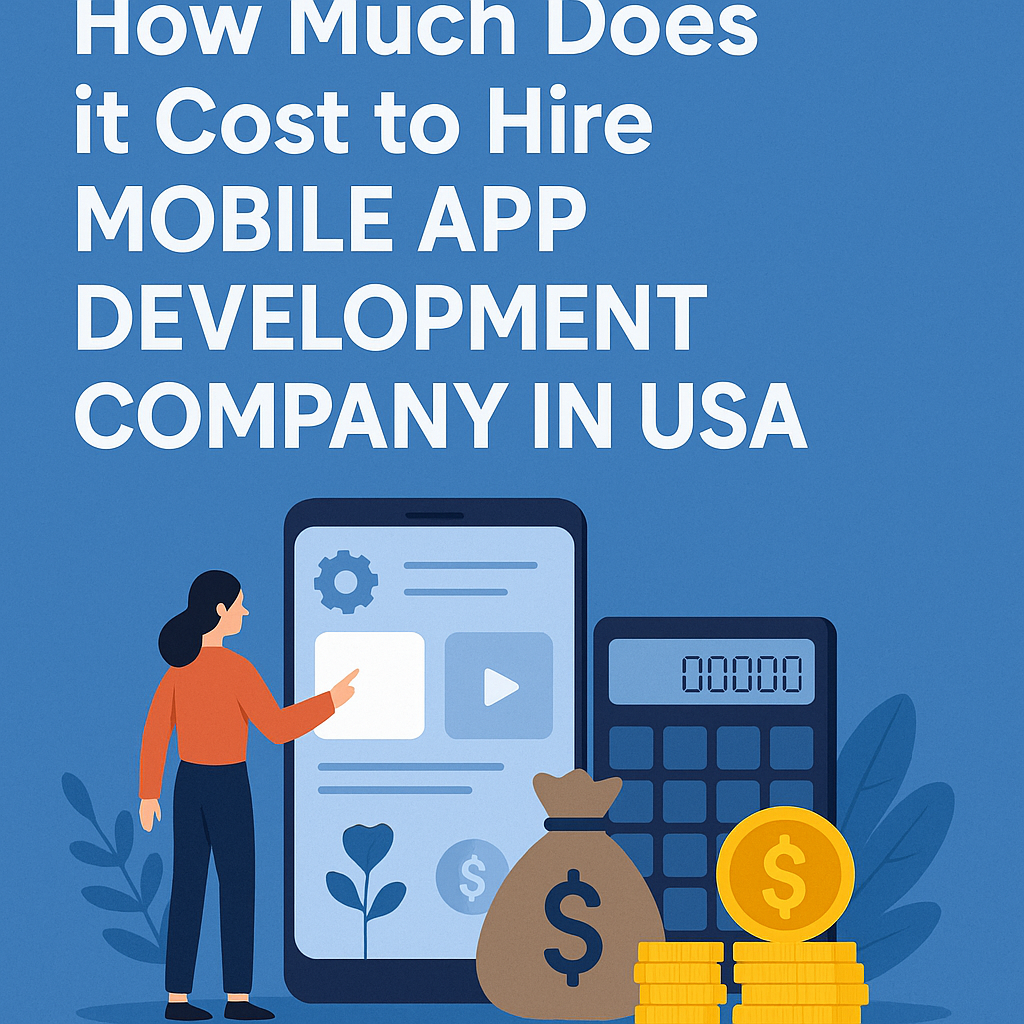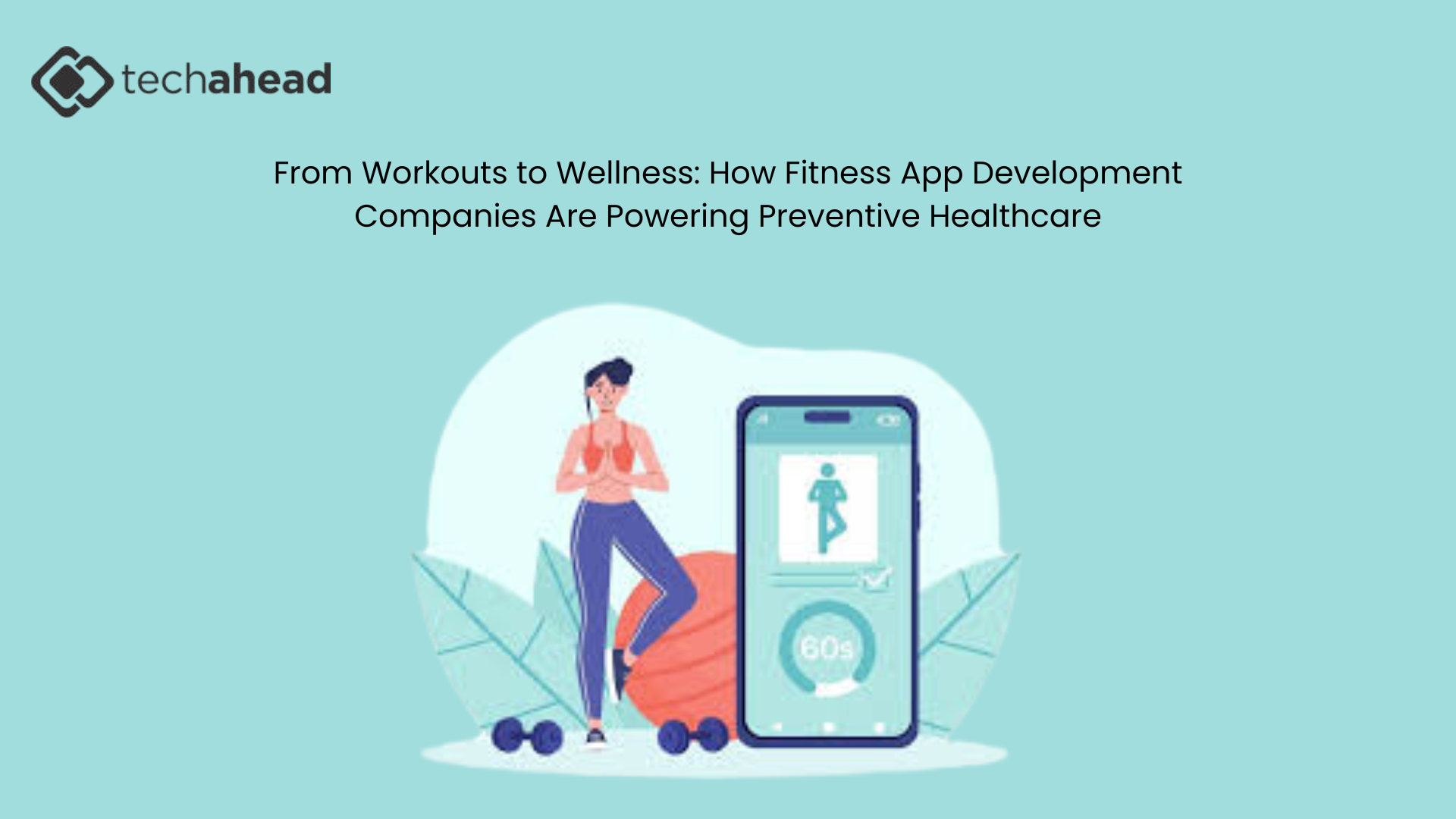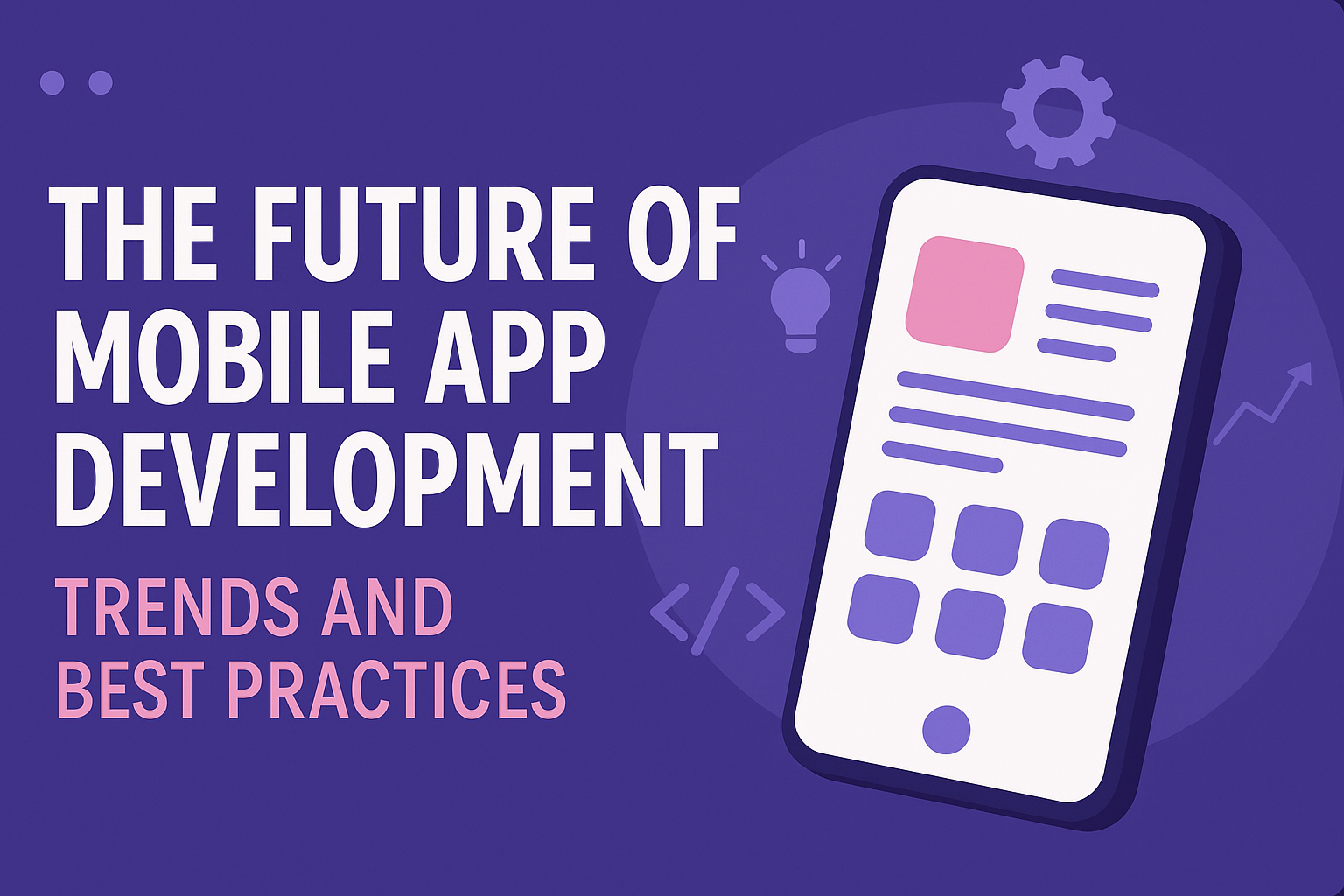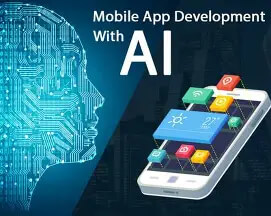Faster EMR Connectivity Through Low-Code Mobile App Development Platforms

Strong 8k brings an ultra-HD IPTV experience to your living room and your pocket.
In today’s rapidly digitizing healthcare ecosystem, efficient connectivity between Electronic Medical Records (EMR) and mobile platforms is more critical than ever. However, traditional software development models often fall short due to time constraints, resource demands, and complex compliance requirements. This is where low-code development platforms step in, offering an agile, scalable, and efficient pathway to accelerate healthcare mobile app development services.
✍️ If you want to know what separates a successful app from one that fails, our app development guide covers planning, UI/UX, testing, and maintenance strategies used by leading developers.
This blog explores how low-code and no-code platforms are transforming EMR integrations, the emerging business opportunities they present, and how a leading healthcare mobile app development company, is enabling innovation with custom low-code solutions.
Why EMR Integration with Mobile Apps Is Crucial in 2025
Electronic Medical Records (EMRs) are the digital backbone of healthcare systems. Integrating them with mobile apps enhances usability for doctors, nurses, administrators, and even patients. However, building these integrations traditionally involves long development cycles, high costs, and regulatory hurdles.
As we step further into 2025, mobile-first healthcare delivery is no longer optional. With rising patient expectations for mobile access, remote patient monitoring, and telehealth, integrating EMRs with mobile apps is a competitive necessity.
The Business Opportunity: Leveraging Low-Code Platforms
1. Speed to Market
Low-code platforms drastically reduce the development time for custom apps. Healthcare organizations can launch EMR-integrated applications faster, reducing time-to-value and increasing competitive edge.
2. Cost Efficiency
Low-code tools reduce the dependency on large development teams and expensive software engineers. Even teams with limited tech experience can build robust applications using pre-built modules.
3. Regulatory Compliance Made Easier
Most low-code and no-code platforms offer built-in HIPAA compliance templates, security features, and data encryption modules. This is critical for healthcare app development.
4. Scalability for Enterprise Healthcare Systems
Low-code platforms are no longer just for MVPs or prototypes. They offer enterprise-level scalability, allowing healthcare providers to scale patient-facing apps or internal tools effortlessly.
How Low-Code Enhances Mobile Healthcare Applications
Unified User Experience
Healthcare apps built using low-code platforms can maintain a consistent UX across devices and workflows. This is essential for physicians and nurses who rely on seamless interactions across mobile, tablet, and desktop interfaces.
Integration with Wearables and IoT Devices
EMRs that connect to wearable health devices can provide real-time patient data. Low-code software makes these integrations simpler through built-in APIs and data connectors.
Better Patient Engagement
Low-code and no-code platforms support features like real-time notifications, appointment scheduling, and secure messaging, greatly improving patient experience.
Top Low-Code Platforms Supporting EMR Integrations
1. Mendix
Mendix is a leader among low code development platforms with healthcare-specific modules that support EMR integrations, HIPAA compliance, and HL7/FHIR interoperability.
2. OutSystems
OutSystems is another enterprise-grade low code platform providing scalable and secure healthcare apps. It supports integrations with EPIC, Cerner, and Allscripts.
3. Microsoft Power Apps
Ideal for internal healthcare applications, Power Apps allows rapid mobile app development with native Microsoft ecosystem integration, especially useful for hospital IT teams.
4. Appian
Appian specializes in process automation and patient workflow management. It is a powerful low code software platform for developing EMR-connected care coordination apps.
5. Dreamsoft4u
As a trusted healthcare mobile app development company, Dreamsoft4u leverages custom low code solutions to deliver HIPAA-compliant mobile apps integrated with EMR systems like EPIC, Athenahealth, and Kareo. The company offers end-to-end healthcare app development services, from ideation to post-launch support. With experience across low code no code platforms, Dreamsoft4u builds scalable mobile-first tools for hospitals, clinics, and health-tech startups.
Challenges Solved by Low-Code Mobile EMR Integration
1. Reducing Interoperability Complexity
Traditionally, integrating EMRs with third-party or in-house systems is a challenge due to custom APIs and data standards. Low code tools help abstract these complexities using pre-built connectors and drag-and-drop data mapping features.
2. Real-Time Data Synchronization
Low-code platforms allow for the implementation of real-time sync features, crucial for time-sensitive healthcare operations like emergency care, remote patient monitoring, and chronic disease management.
3. Enhancing Security & Compliance
Security protocols are built-in within many low code development platforms, ensuring data encryption, access control, and regulatory compliance from the ground up.
4. Rapid Prototyping for Innovation
Healthcare startups and IT teams can prototype, test, and iterate ideas faster, improving innovation cycles for both internal and patient-facing apps.
Use Case: RPM & EMR via Low-Code Mobile App
A regional healthcare provider needed to integrate its remote patient monitoring (RPM) system with an existing EMR. Traditional development timelines projected over 6 months. Using Dreamsoft4u’s low code development platform, a HIPAA-compliant mobile solution was built in just 8 weeks.
Results:
- 50% faster response to patient vitals
- 30% reduction in manual data entry
- 40% increase in patient satisfaction
Future Trends: What’s Next for Low-Code and EMRs?
AI and Predictive Analytics
Expect future low-code platforms to integrate AI-driven features for predicting patient readmissions or optimizing appointment scheduling.
Voice & Chat Integration
Natural language processing (NLP) features built into low code solutions will allow mobile apps to accept voice commands or support virtual health assistants.
Blockchain Integration
Secure medical data sharing using blockchain will soon be available as plug-and-play modules in next-gen low code no code platforms.
Conclusion
The healthcare industry is undergoing a major transformation powered by digital innovation. Integrating EMRs with mobile apps through low code platforms presents a significant business opportunity for healthcare providers, SaaS vendors, and tech startups.
From faster go-to-market to improved patient engagement and regulatory compliance, low-code and no-code solutions are set to redefine the future of healthcare mobile app development services.
At the forefront of this revolution, Dreamsoft4u stands out as a specialized healthcare mobile app development company, delivering secure, scalable, and smart low-code EMR-integrated apps.
FAQ’s
1. What are the benefits of using low-code platforms for EMR integration?
Low-code platforms offer faster development cycles, simplified integrations with Electronic Medical Records (EMR) systems, and reduced dependency on traditional coding. This allows healthcare organizations to launch secure and scalable mobile apps more quickly while complying with regulatory standards like HIPAA. These platforms also support real-time data access, improving clinical workflows and patient care.
2. How do low-code tools support healthcare mobile app development?
Low-code tools simplify the creation of custom healthcare mobile apps by offering drag-and-drop functionality, pre-built components, and seamless backend integrations. These platforms help healthcare app development companies rapidly prototype, test, and deploy applications that connect with EMR, telehealth systems, patient portals, and wearable devices—without compromising performance or security.
3. Why should healthcare organizations partner with a healthcare mobile app development company that uses low-code platforms?
Partnering with a healthcare mobile app development company like Dreamsoft4u, which leverages low-code development platforms, ensures accelerated app delivery, lower costs, and tailored functionality. These companies bring deep industry knowledge and low-code expertise to build scalable, HIPAA-compliant apps that meet specific clinical or operational needs, making digital transformation more accessible and sustainable.
Note: IndiBlogHub features both user-submitted and editorial content. We do not verify third-party contributions. Read our Disclaimer and Privacy Policyfor details.







